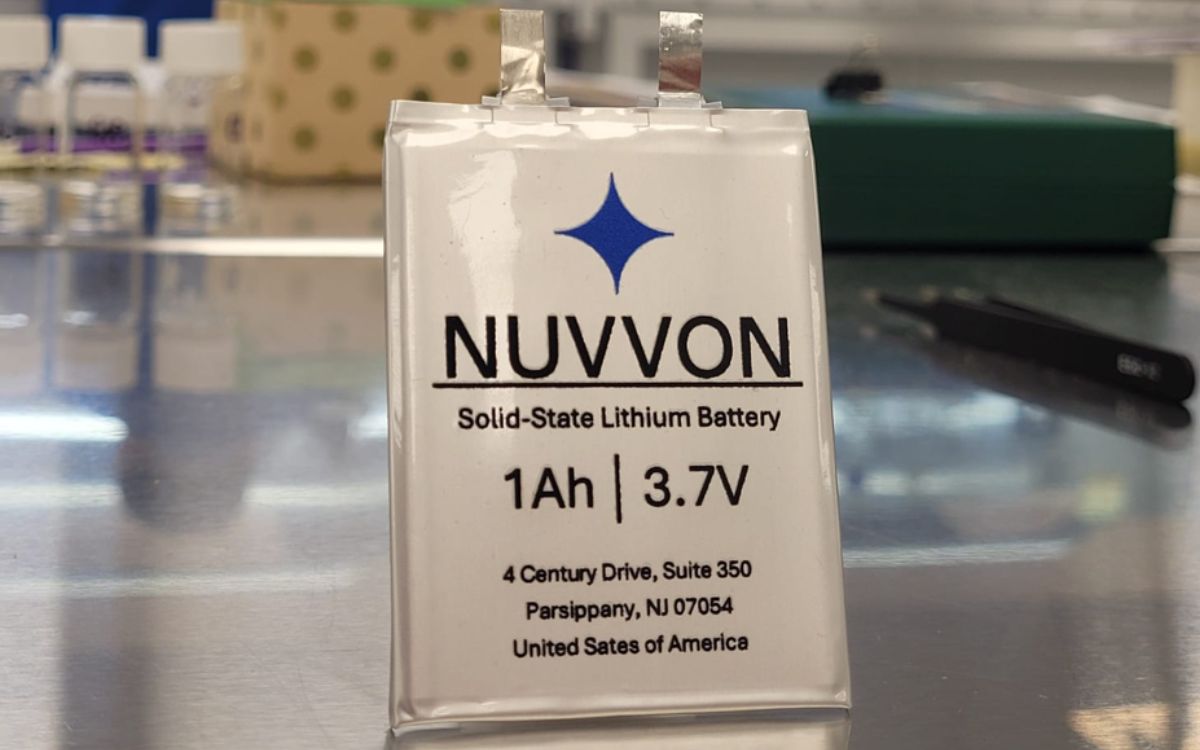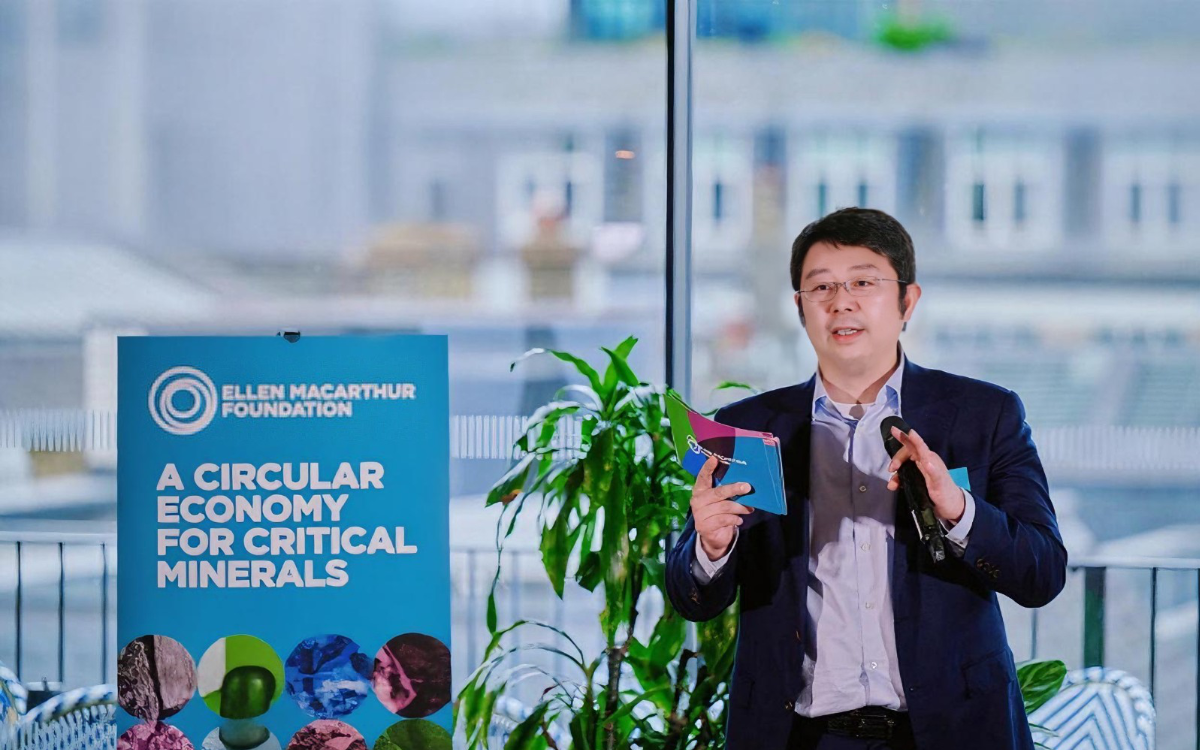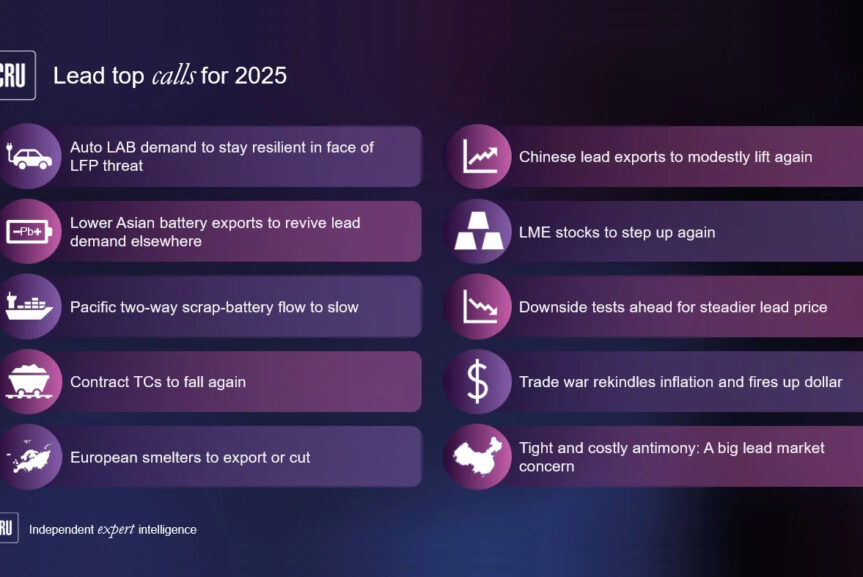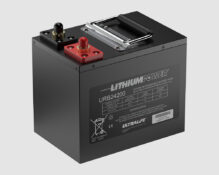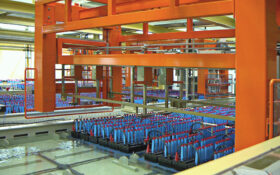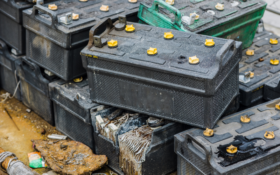A novel African utility company, which sports actor Leonardo Di Caprio as one of its board members, is actively rejecting lead acid technology for storage back up as it rolls out microgrid technology across the continent.
Powerhive, which operates in Kenya Nigeria and Rwanda has taken the view on the incumbent energy storage technology, following findings from Cleantech Hub, a clean energy research unit based in Abuja, Nigeria. The research centre says that a mere 13% of lead-acid batteries are recycled in Nigeria.
There is a mini-grid revolution about to take off in Nigeria, such as the World Bank and the Rural Electrification Agency’s US$350 million project as well as other investments into the sector, driving demand for more batteries, according to Ifeoma Malo, the Chief Executive Officer of Clean Technology Hub.
“It is imperative for the sector to create a battery management framework that will feed into government policy on used battery disposal, create investment opportunities and tackle a growing problem before it gets severe,” he said.
Providers of solar-plus-storage into Africa have also said that it is a misconception that lead acid batteries used in off-grid systems and cars are recycled efficiently back into the supply chain. Powerhove provides community microgrids and in essence acts as a utility, selling 240V AC power by the kilowatt-hour, while another company Offgrid Electric leases or sells solar home kits to individual households. Off Grid Electric serves Tanzania, Rwanda, Ghana and the Ivory Coast.
Powerhive currently uses lead-acid batteries but is looking for a lithium battery provider, having decided that the technology is now a good fit. Off Grid Electric is already using lithium batteries for its low voltage DC systems. Both companies say lithium batteries are viable across Africa. Both Rick Wuts, VP for business development at Powerhive and Joshua Pierce, Off Grid Electric’s CTO, are saying no to lead acid being safely recycled.
“I would actually dispute that fact that recycling for lead acid is effective pretty vehemently. This is an area I feel very passionately about,” Joshua Pierce said.
He claims the pro-lead recycling argument is clouded by short-termism and antiquated thinking about the way business is done. He sees a shift now towards companies that work to become “good custodians of the environment and the economies they work in”.
Pierce added “Lead acid is recyclable only where a supply chain exists to do so and that is not true in Africa. Sadly, people who have the least access to that recycling supply chain are the ones that are most impacted by its negative attributes. “
Although a lead acid battery might “make it out of the ecosystem”, they will have done considerable damage by then, says Pierce.
“I’ve seen countless piles of dead lead-acid batteries… that is a resource people will use until there’s nothing left in it. They’ll use it in their car until it won’t start their car. Then they’ll use it in their business until it won’t run the business and then they’ll use it in their house for lights until it won’t run their lights. Then they’ll use it to charge their phone. It’s amazing how resourceful people are but then that battery may sit and corrode and pollute the local groundwater, which is what children drink.”
Battery recycling expert Brian Wilson said: “I don’t recognise this claim. Lead batteries have a value, and depending on the size of the used lead battery, the scrap value can be between $10-$20 or more for some of the large solar storage lead batteries.”
“So it begs the question, why would people leave them laying on rubbish dumps or put them there in the first place? You only need to visit rubbish dumps across Africa – which I have done – to see this isn’t happening.”




